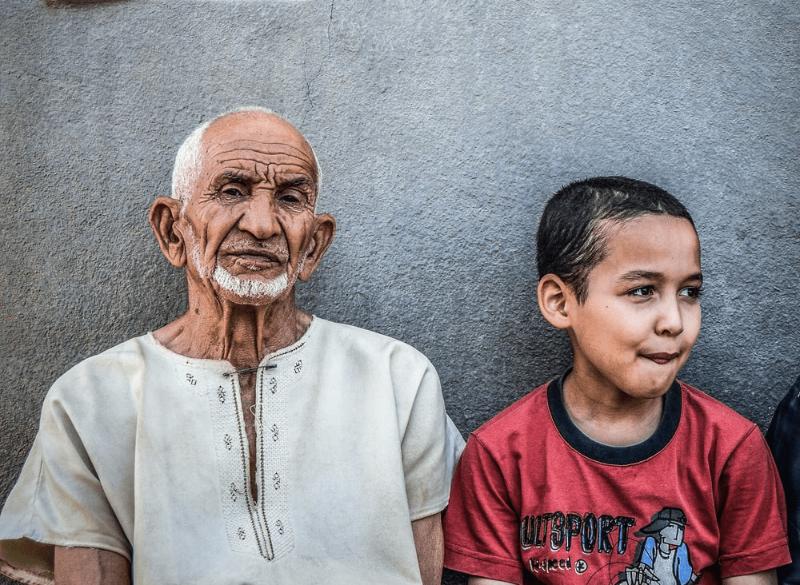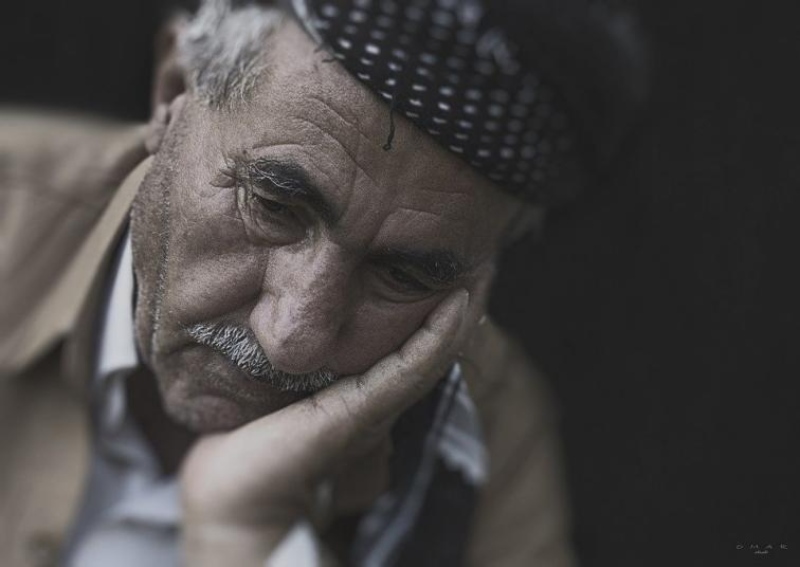Understanding Late-Onset of Multiple Sclerosis in the Elderly

Although multiple sclerosis is more likely to surface when a patient is twenty to fifty years of age, over 5% of MS patients don’t show any symptoms until their later years. The late onset of multiple sclerosis, or LOMS as it is frequently referred to, affects many seniors around the globe. This condition is not only difficult to manage, but at times, it can also dramatically influence your senior’s lifestyle.
This blog post on LOMS attempts to explain how important it is to be aware of this condition. When it comes to age, MS doesn’t discriminate; it’s a disease related to one’s immune system.
Multiple sclerosis diminishes the brain’s ability to send signals to its body parts, thereby affecting mobility, grit, balance, reflexes, and physical responses. These changes in the body may not be very challenging for younger patients to deal with, but can be quite a task for the elderly.
Let’s dig deeper to understand more about the LOMS, and how you can help a senior citizen manage it.
Causes of Late Onset Multiple Sclerosis
MS is a chronic condition that affects the central nervous system including the brain, spine, optic nerves, and eyesight. Since seniors already suffer from compromised balance, eyesight, and physical strength, multiple sclerosis can make all these problems worse.
Some of the most common causes of multiple sclerosis in the elderly include:
- Weakened immune system
- Natural aging process
However, the root cause of multiple sclerosis in the elderly is still unknown. Someone might show scarring on their body as MS leads to the destruction of the fatty myelin sheath around the nerve cells. Compared to younger patients, aging individuals have higher chances of suffering from rapid disease progression. Therefore, it’s extremely imperative to consult a qualified doctor and a senior home caregiver to help your elderly through the process.
Symptoms of Late-Onset Multiple Sclerosis
Sometimes it can be very difficult to tell whether your senior has multiple sclerosis. Although doctors can perform several tests and checkups to detect the issue, the symptoms of MS are quite common. Almost all of the aging population suffers from one or more of these problems, and mistake them for the natural aging process.
Stay vigilant if your elderly shows one or more of the following signs:

- Excessive tiredness
- Abnormal weakness
- Compromised balance and grit
- Rapidly deteriorating loss of muscle strength
- Cognitive issues such as memory problems, impaired reasoning, illogical thinking
- Eyesight problems
In addition, MS also affects the myelin scar tissue in the elderly person’s body. This results in thought process distortion and physical disabilities. If there are any signs of LOMS showing up, the right thing to do is let their primary doctor know immediately.
How to Manage MS in an Elderly Patient
Every senior suffers from MS differently. The intensity, rate of progression, symptoms, and influence of the disease varies from one patient to another. But it’s important to ensure that your senior loved one is taking all the precautionary steps and medical assistance they can to halt the progression.
If you have an older adult in the house suffering from multiple sclerosis, here are some of the best disease management strategies to implement:
- Make sure your senior has physical aid, balance equipment, and the right eyewear to reduce chances of tripping or slipping
- Help your elderly maintain a healthy lifestylewhich includes light exercise, a balanced, healthy diet, and minimum stressful distractions.
- If your senior has an advanced case of MS, hire a senior caregiver to ensure maximum safety and support
- Your elderly can also benefit from physical or cognitive rehab sessions to curb the impact of MS symptoms on their bodies.
Looking For 24-Hour In-Home Care for Seniors?
Sometimes taking care of an elderly loved one with Late Onset Multiple Sclerosis may become very challenging. You may feel confused about what to do and how to manage their symptoms. Let us help instead with our personalized elder care management services.
Our personal Care Managers can tune into the patient and assess his or her needs and our panel of doctors and MS specialists can guide you with the best advice on how to take care of your elderly loved one to ensure minimal discomfort.
senOcare provides complete elder care services at home across multiple cities, including Delhi, Gurgaon and Noida. You can choose from many care packages planned to support senior citizens. We also offer you an opportunity to customize a care package that caters to your specific requirements.
At senOcare, we also arrange tele-consults so you can ask questions from your doctor and make informed decisions. Our expansive range of services include health and fitness, security and home maintenance, technology assistance, forms and filing, and more.
Call us today on +91 8800 003 046 or email us at [email protected] for more details.